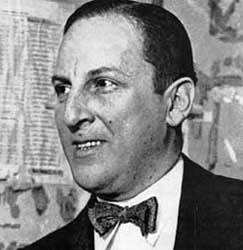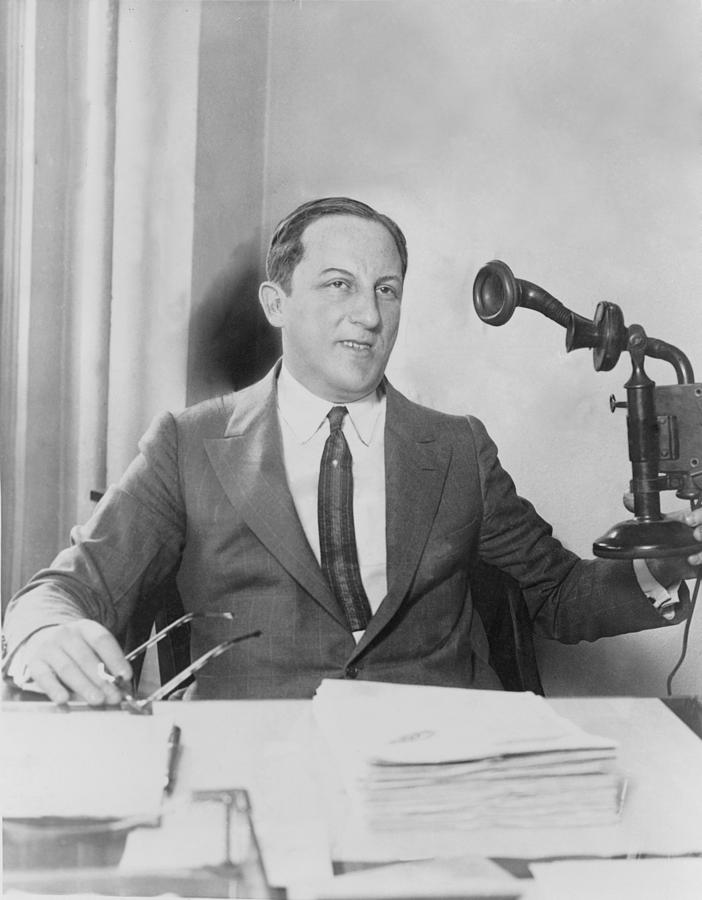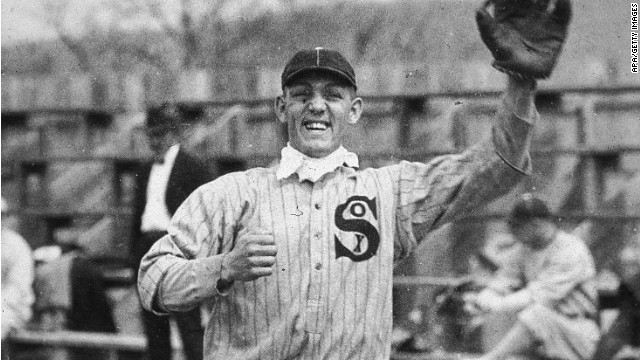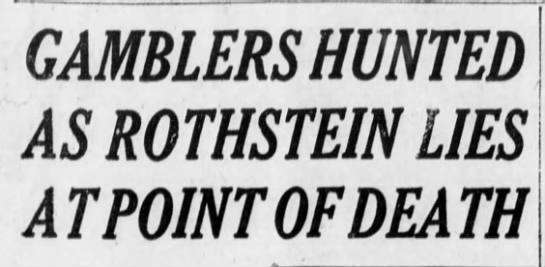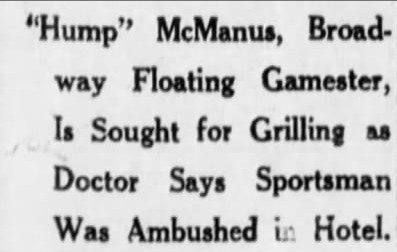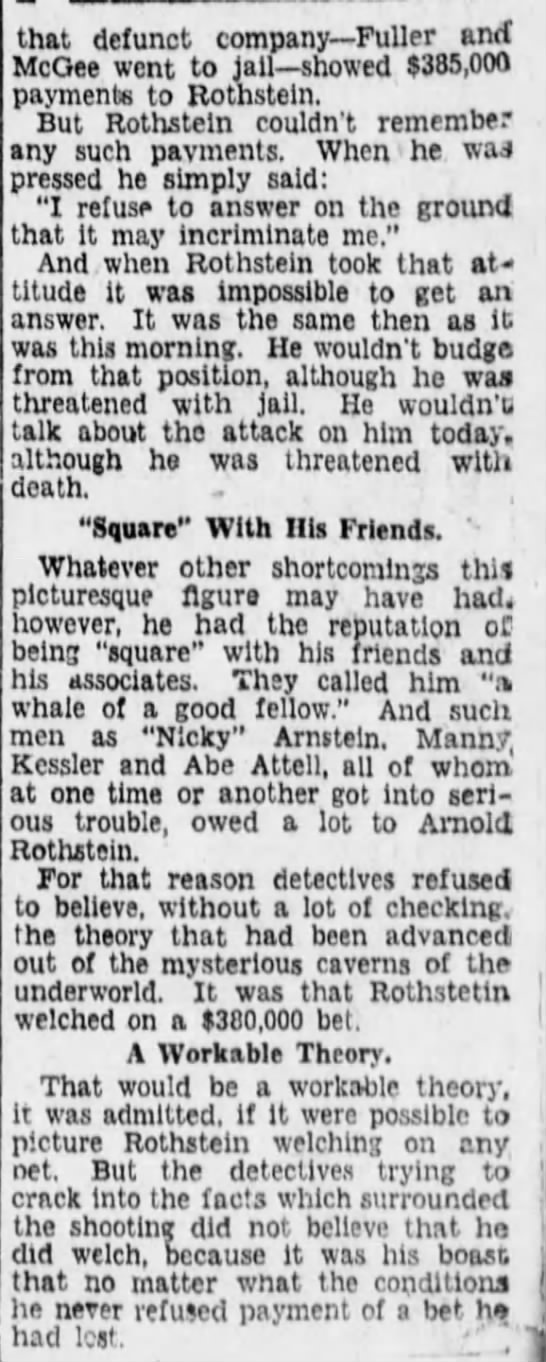While the early twentieth-century mobster Arnold Rothstein has entered into American culture in everything from The Great Gatsby to Boardwalk Empire, he most infamously left his mark on major-league baseball. The “Brain,” as he was often called, transformed the often chaotic world of crime into a corporate-type affair, becoming the first “legitimate businessman.” One Rothstein deal saw him and other gamblers entice members of the 1919 White Sox to throw the World Series, a scandal which nearly killed the sport. And then there was the unintended consequence of the fix which occurred when Kenesaw “Mountain” Landis, a federal judge, was subsequently named baseball’s first commissioner with the imperative to clean up the game. In addition to other policies, Landis was steadfast in not allowing players of color to participate in the league, keeping the sport segregated. It’s no sure bet the game would have been integrated without Landis, but there was no way it was happening with him. The following article from the November 5, 1928 Brooklyn Daily Eagle reports on the murder of Rothstein, not shockingly a gambling-related crime.
You are currently browsing articles tagged Kenesaw “Mountain” Landis.
Baseball has enjoyed great financial success during the uninspired tenure of Commissioner Bud Selig, but that’s mostly because changes in technology smiled on the game, creating huge demand from regional cable corporations for a quantity of family-friendly entertainment. It’s long ball meets long tail, as in many cities there actually aren’t a lot of fans watching those telecasts, but the checks clear just the same–for now, anyhow. As Selig steps down, Charles P. Pierce of Grantland examines his legacy, which more than anything announced the end of an independent figure in the commissioner’s office. That’s both good and bad: Kenesaw “Mountain” Landis’ freedom allowed him to project his racism onto the game, yet a truly conscientious person in the position could be a voice of reason concerned with issues beyond short-term wealth. From Pierce:
“In The Hustler’s Handbook, Bill Veeck wrote prophetically that, ‘In these days of corporate ownership, the Commissioner has become of particular importance to the hustler. Corporate ownership brings company men, company policy, and company cards with little holes in them. Corporate ownership, in short, brings committee-think, and with ComThink comes the banishment, discouragement, and attrition of colorful characters. The hustler is dependent upon colorful characters, because color is what is salable. Corporations don’t want to be regulated. They don’t want a Commissioner with any powers … The hustler needs a Commissioner who will throw his weight against the stuffiness, the routine, the deadly boredom of the executive suite. He needs a Commissioner who will help baseball, in spite of itself.’
(An aside: That Veeck was never commissioner, even for 15 minutes, is proof that, if there indeed is a God, He doesn’t have a healthy enough sense of the absurd, not even if you count the platypus.)
By all the standards that drove Veeck up the wall, Selig has been an enormous success. He leaves baseball an $8 billion industry, with the average franchise valued at nearly a billion dollars. There has not been a serious labor problem in 19 years. There have been 22 new ballparks built or utterly overhauled while he’s been commissioner, and the revenue-sharing money is well into nine figures a year. He has managed the drug hysteria. He will go down in the official history as a stern drug warrior who nonetheless was willing to compromise for a settlement. There seems little doubt that Selig is headed for a big afternoon in Cooperstown one day.
But the long view of history is going to say that, with Bud Selig, the office of the commissioner of baseball finally, completely, and probably perpetually became a management position. For a long time, at least theoretically, and in the dreams of people like Bill Veeck and Charlie Finley and others who would not be welcome in the world of Corporate Partners, the commissioner’s office also seemed to have a kind of ombudsman’s function. It was somehow supposed to sit in a place between management and labor, and between the game and the paying customers, in which place it was hoped the commissioner would arbitrate disputes, and that out of that arbitration would come solutions that would benefit everyone in the game, including those who devotedly followed it.”
Tags: Bud Selig, Charles P. Pierce, Kenesaw "Mountain" Landis

